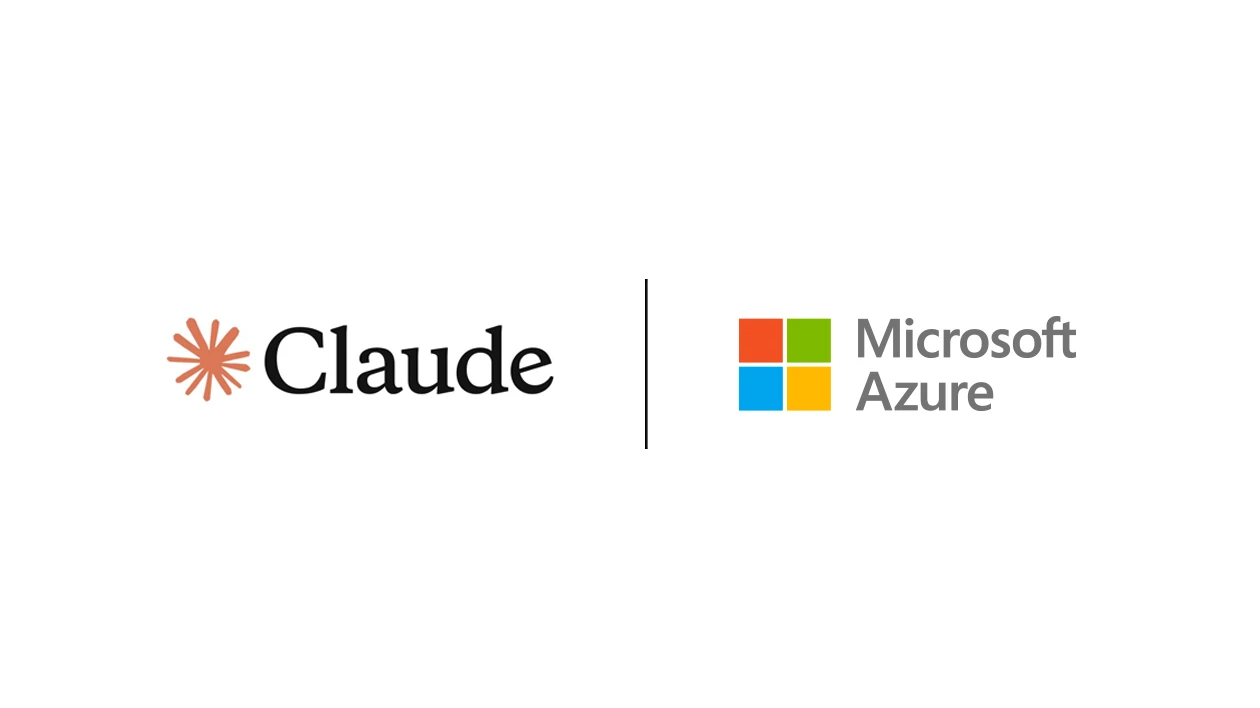Anthropic Launches Opus 4.5: Next-Generation AI Model Advances Enterprise Capabilities
Anthropic has announced the release of Opus 4.5, marking a significant advancement in the company's Claude model lineup. The new model demonstrates improved reasoning, faster performance, and enhanced capabilities for enterprise applications, positioning Anthropic as a key player in the competitive AI landscape.

Anthropic Unveils Opus 4.5: A New Benchmark for Enterprise AI
Anthropic has officially announced the release of Opus 4.5, the latest iteration of its Claude model family. This release represents a meaningful step forward in the company's mission to develop safe, capable AI systems for enterprise and consumer applications. The new model builds on the foundation established by previous Claude versions while introducing architectural improvements and performance enhancements designed to meet evolving market demands.
Key Improvements and Technical Capabilities
Opus 4.5 introduces several notable advancements over its predecessors:
- Enhanced reasoning capabilities for complex problem-solving and analytical tasks
- Improved speed and efficiency in processing and response generation
- Better context understanding enabling more nuanced and contextually appropriate outputs
- Expanded token capacity supporting longer documents and more complex interactions
- Refined safety mechanisms maintaining Anthropic's commitment to responsible AI development
The model demonstrates measurable improvements across multiple benchmarks, with particular strength in areas such as code generation, mathematical reasoning, and multi-step logical inference. These enhancements position Opus 4.5 as a competitive offering in the enterprise AI market, where performance and reliability are critical differentiators.
Enterprise Integration and Market Positioning
The release of Opus 4.5 comes at a strategic moment for Anthropic. The company has been expanding its partnerships with major technology platforms, including integration with Microsoft's ecosystem through Microsoft Foundry and Microsoft 365 Copilot. These integrations provide enterprise customers with access to Claude models alongside competing offerings, creating a multi-model environment where organizations can evaluate and deploy the most suitable AI solutions for their specific use cases.
This approach reflects a broader industry trend toward model diversity and interoperability, allowing enterprises to avoid vendor lock-in while maintaining flexibility in their AI infrastructure decisions.
Technical Specifications and Performance Metrics
While specific technical specifications for Opus 4.5 remain partially under review, the model reportedly achieves:
- Faster inference times compared to previous Claude versions
- Improved accuracy on standardized AI benchmarks
- Enhanced capability for handling specialized domain knowledge
- Better performance on instruction-following and task completion
The model's architecture incorporates lessons learned from extensive testing and real-world deployment scenarios, ensuring that improvements translate to practical benefits for end users and enterprise customers.
Implications for the AI Landscape
Anthropic's continued innovation with the Opus line underscores the competitive intensity within the large language model market. As OpenAI, Google, Meta, and other players release increasingly capable models, Anthropic's focus on safety, interpretability, and responsible scaling differentiates its approach. The Opus 4.5 release demonstrates the company's commitment to maintaining technical parity while adhering to its core principles around AI safety and alignment.
For enterprises evaluating AI solutions, the availability of Opus 4.5 expands the competitive set and encourages continued innovation across the industry. Organizations can now choose from multiple capable models, each with distinct strengths and integration pathways.
Looking Forward
The release of Opus 4.5 signals Anthropic's continued momentum in the AI market. As the company scales its operations and expands partnerships with major technology providers, the Claude model family is positioned to play an increasingly important role in enterprise AI deployments. Future iterations will likely continue to push boundaries in reasoning capability, efficiency, and safety—the core pillars of Anthropic's technical strategy.
Key Sources: Anthropic official announcements; Microsoft Foundry integration documentation; industry technical analysis of Claude model capabilities.



